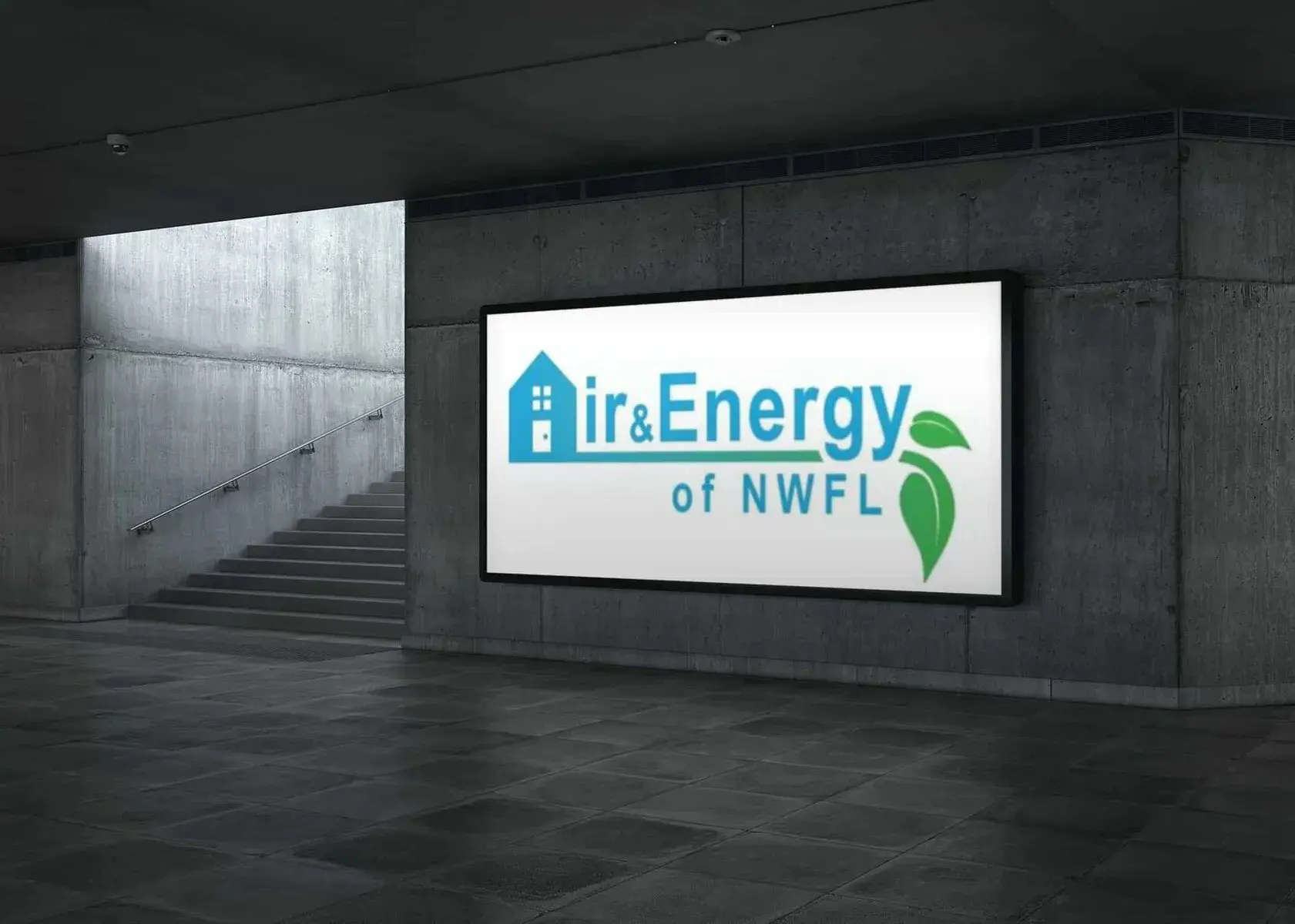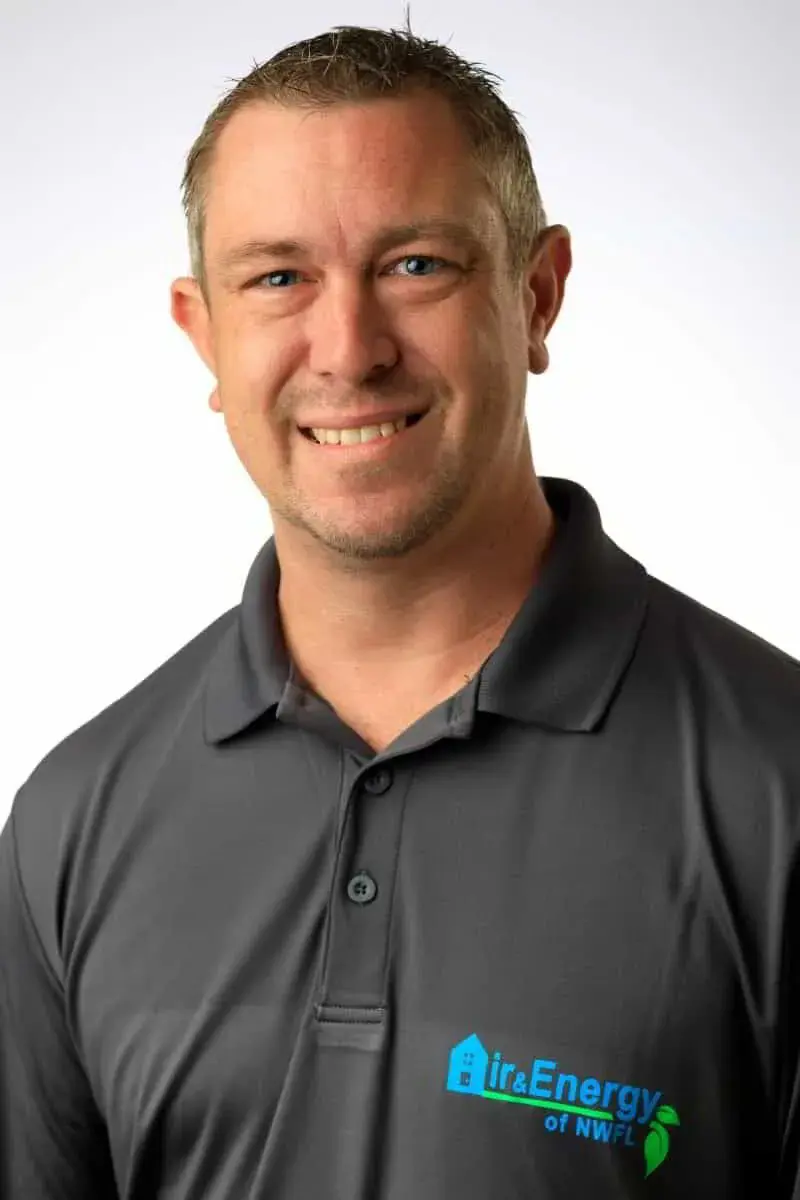Understanding your air conditioner's lifespan is crucial for comfort and cost-efficiency at home. Various factors, such as installation quality, unit type, and regular maintenance, play significant roles in determining how long your air conditioning system will last.
In this article, we’ll explore these influences in detail and provide actionable tips to help you extend the life of your air conditioning unit. Stay tuned to learn how to maximize your investment and keep cool efficiently.
What Affects the Lifespan of Air Conditioning Systems?

Installation and Type of Unit
The lifespan of an AC unit is heavily influenced by the quality of its initial installation and the type of system installed. Poorly installed units, such as those with incorrect refrigerant levels or improperly sealed ductwork, can suffer from reduced efficiency and frequent breakdowns.
When installed correctly, central air systems typically offer a longer lifespan than window or split units due to their robust construction and comprehensive coverage. To ensure optimal performance and longevity, it is crucial to have your AC system installed by a certified professional who can address the unique needs of each unit type and prevent common installation errors.
Maintenance and Care
Neglecting regular maintenance of your AC can drastically shorten its lifespan. Without routine care, such as changing filters and cleaning coils, the system works harder, increasing wear and tear and leading to premature breakdowns. This neglect directly impacts the unit's efficiency and longevity.
Average Lifespan of AC Units
The average lifespan of air conditioners varies by type, with central air conditioners typically lasting 15-20 years, window units about 10 years, and split systems around 15 years.
Specifically, the location of a window ac unit can significantly influence its performance and lifespan, as units in areas with extreme temperatures or high humidity may face additional challenges.
Factors significantly impacting these averages include:
- Climate: Units in harsher climates tend to have shorter lifespans.
- Usage Patterns: Frequent use can accelerate wear and tear.
- Maintenance Frequency: Regular maintenance can extend a unit’s operational life significantly.
Recent studies emphasize the importance of these factors in determining the longevity of air conditioners, highlighting that proactive care and situational factors play a crucial role in their lifespan.
✅ Pro Tip: In climates like Pensacola, FL, where humidity and salt air can exacerbate wear on AC systems, it’s especially important to adhere to a stringent maintenance schedule. Regularly cleaning and checking for corrosion can help mitigate the harsh environmental effects and prolong your AC unit’s lifespan.
Signs of Aging in AC Units
Decreased Efficiency
As AC units age, their efficiency declines due to wear on components like compressors and fans. Key signs of aging include increased energy bills and reduced cooling capacity, as the system struggles to maintain temperature.
Aging parts and accumulated dirt hinder performance, requiring more energy for less cooling. Regular maintenance can mitigate these effects somewhat, but efficiency losses are inevitable over time, highlighting the importance of timely evaluations and potential upgrades.
Frequent Repairs
As AC units age, common mechanical issues like compressor malfunctions and refrigerant leaks become more frequent. These repairs can be costly and may signal that the unit is nearing the end of its useful life.
When the cost of repairs approaches or exceeds the price of a new, more efficient unit, it's often more economical to consider replacement. Frequent breakdowns disrupt comfort and indicate the unit is losing operational efficiency.
Enhancing the Lifespan of Your AC Unit

Regular Maintenance Tips
To extend the life of your AC unit, follow these actionable maintenance tips:
- Change the air filter regularly: Replace filters every 1-3 months to ensure efficient airflow and reduce strain on the system.
- Clear debris: Regularly remove leaves, dirt, and debris from around the outdoor unit and ensure there is clear space for airflow.
- Check and clean the evaporator and condenser coils: Annually clean these coils to prevent dirt buildup that can reduce efficiency.
- Inspect coolant lines: Check for leaks and ensure insulation is intact around refrigerant lines.
- Prepare for seasons: In spring, verify system readiness for summer; in fall, ensure the exterior is covered and insulated if not in use.
These steps can help maintain different types of units, ensuring peak performance and longevity.
When to Call a Professional
Recognize the need for a professional HVAC technician when encountering issues such as persistent unusual noises, frequent cycling, or ice formation on the unit. Additionally, if you notice a significant decrease in cooling efficiency or any visible leaks around the system, it's time to call in the experts.
Building a relationship with a reliable HVAC professional like Air and Energy of NWFL ensures that your HVAC system is evaluated and serviced by someone familiar with its history and specific needs, promoting effective and timely interventions.
When to Replace Your Air Conditioner
Consider replacing your air conditioner when it requires frequent repairs, struggles to maintain temperature, or is over 10-15 years old. When contemplating the need for a new AC unit, consider the cost of installing a new unit, disposing of the old one, and the signs indicating the need for a replacement.
Financially, if repair costs exceed half the price of a new unit, HVAC system replacement is advisable. Upgrading to a new air conditioning unit offers significantly higher energy efficiency, which can reduce monthly utility bills and provide better cooling.
With proper care, a new high-efficiency air conditioning system can provide 15 to 20 years of cooling. These modern units often come with advanced features like programmable thermostats and improved environmental friendliness, aligning with both cost savings and sustainability goals.
Conclusion

In summary, the lifespan of a cooling system is influenced by factors such as installation quality, maintenance, and unit type. Regular care, understanding when to call for professional help, and knowing the signs that indicate it's time for a replacement can significantly extend the life and efficiency of your unit.
Air and Energy of NWFL brings a wealth of expertise and experience to the table, ensuring the information provided is both knowledgeable and of the highest quality. For more insightful articles on AC maintenance and care, visit our blog.
If you're looking for professional and reliable help with your air conditioning needs, don't hesitate to contact Air and Energy of NWFL today.

This article was written by:
Co-founder and Home Comfort Specialist

